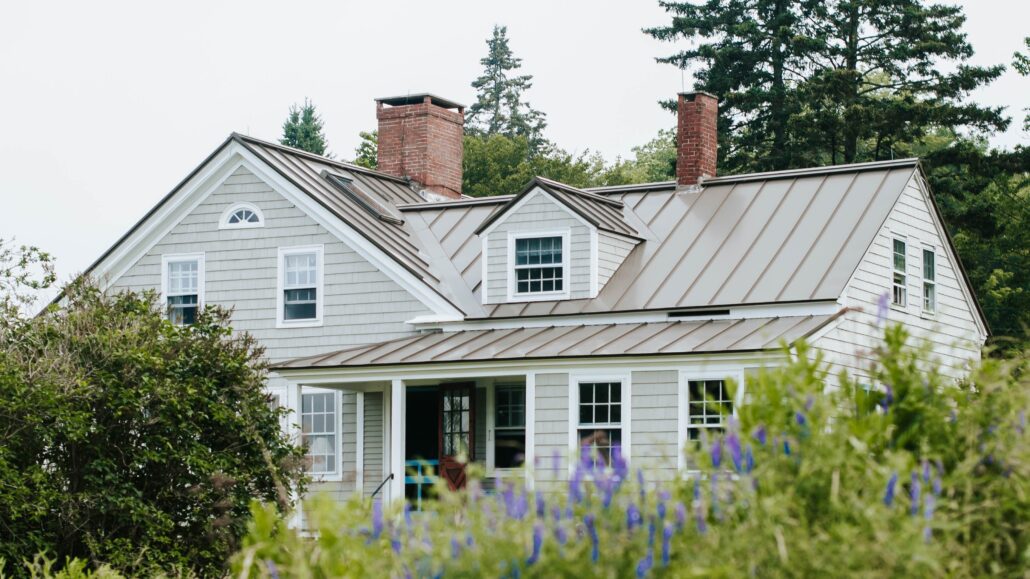This fall marks six years since my family and I sold our 27-acre organic farm and the house we had designed and built ourselves—the place my wife and I thought we’d call home our entire lives. The grief of leaving that place and that life still runs deep in me. I often find myself thinking, I should be over it by now.
Our new home on 8 rugged acres is beautiful, and my wife and children love it; everyone is happy here. I have put in a garden and taken on the satisfying workaday tasks of home repair and maintenance. But it still doesn’t feel like home. In fact, all of us have a sense that we won’t be staying here for the long term. During our COVID-19 lockdown, it’s been a wonderful place for my family to spread out, explore, and discover.
I know I had an unhealthy attachment to our last place. In fact, one might say I had an idolatrous attachment to it. Only in God, as the psalmist wrote, is my soul at rest; everything else is a passing shadow. And yet, there is something that feels good and right about investing so much in a place that it breaks your heart to leave it. Even though our Christian tradition may focus on heaven, it’s also deeply sacramental: The people and places of this world really do matter. They bear God’s imprint and are worthy of our love, care, and tears.
What do we do about this paradox at the heart of our faith—this strange combination of otherworldliness and incarnation? How do we invest ourselves fully in our small corner of God’s creation, even as we know we will leave it behind, perhaps for another place in this life, and certainly for a place in the next?
As faithful discipleship often requires of us, I think the only way to answer such paradoxical questions is simply to lean as deeply as possible into the mystery of them: to live as if we’re not just passing through, but as if we would be here forever—even as we know that we won’t. How different is that from taking the risk of loving another person, even though we know time and eventually death will inflict their wounds?
There is no safety in this path; it promises heartbreak and suffering, even as it also brings joy and gladness. But I suspect that making a true home in this world might just be the best way to prepare for the next.
Putting Heart into Your Home
1) Take some time to reflect on what it means for you to pray that God’s will be done “on earth as it is in heaven.”
2) One of the hallmarks of a home is to open it to others. Make a plan to extend hospitality and welcome to friends and family into your home.
3) Home should be a place of safety and belonging. Think about what relationships may need healing for that to be more fully true in your home.


